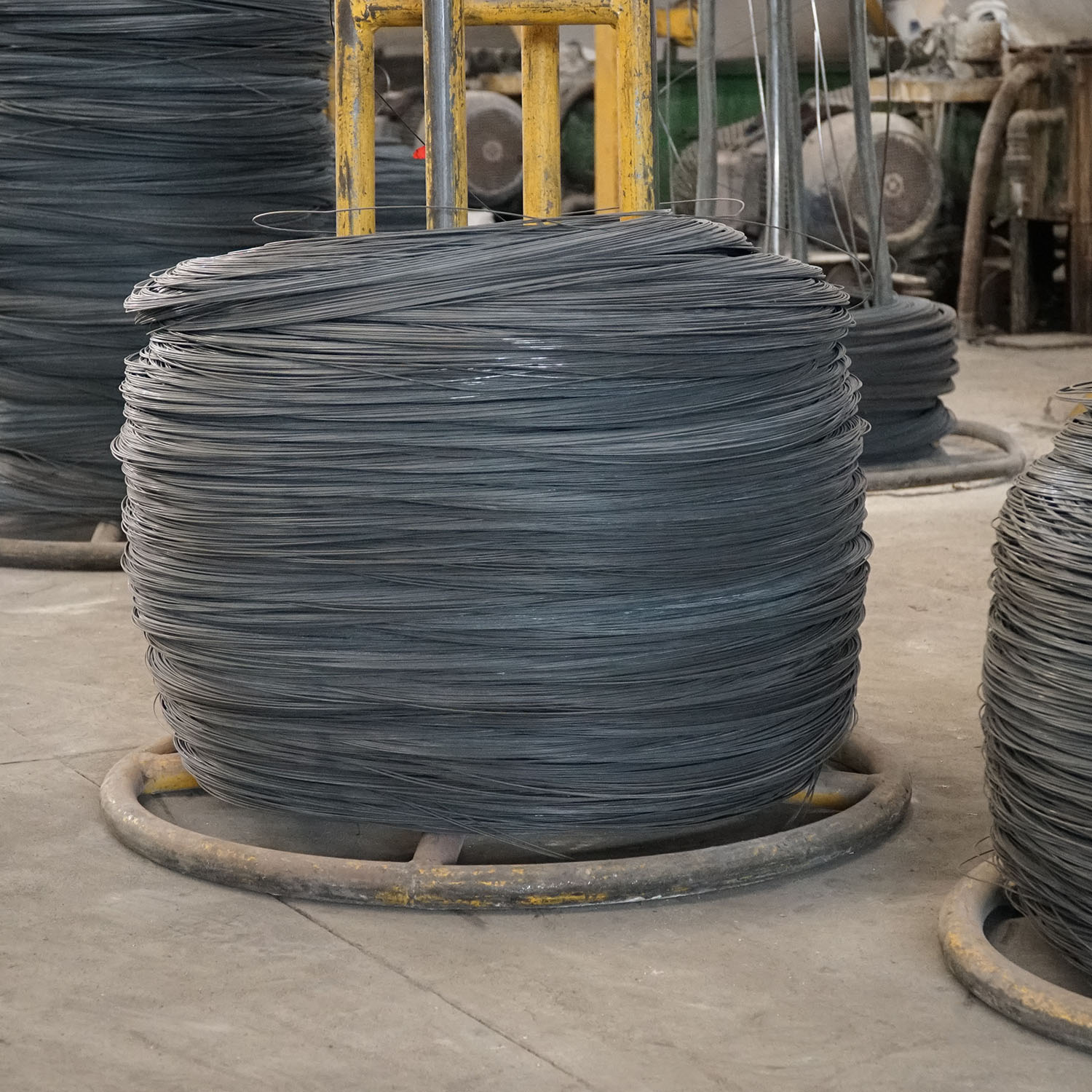Table of Contents
Who Were Clergy
Clergy, also known as ministers, priests, or pastors, are individuals who are ordained to perform religious duties and provide spiritual guidance to their communities. Throughout history, clergy have played a significant role in shaping the beliefs and practices of various religious traditions. They have served as moral leaders, educators, and counselors, helping their congregations navigate the complexities of life and find meaning in their faith.
In the Christian tradition, clergy are responsible for leading worship services, administering sacraments, and providing pastoral care to their parishioners. They are often seen as intermediaries between God and the people, offering prayers and guidance on matters of faith and morality. Clergy are also expected to uphold the teachings of their religious tradition and serve as examples of piety and virtue to their congregations.
In addition to their spiritual duties, clergy are often involved in community outreach and social justice initiatives. They may work with local organizations to address issues such as poverty, homelessness, and discrimination, advocating for the rights and well-being of marginalized populations. Clergy are called to be voices of compassion and empathy, standing up for those who are oppressed and marginalized in society.

Throughout history, clergy have played a pivotal role in shaping the moral and ethical values of their communities. They have been instrumental in advocating for social change, promoting peace and reconciliation, and challenging injustice and inequality. Clergy have often been at the forefront of movements for civil rights, gender equality, and environmental sustainability, using their platform to speak out against oppression and discrimination.
In recent years, the role of clergy has evolved to meet the changing needs of their congregations. With the rise of technology and social media, clergy have found new ways to connect with their communities and share their message of hope and love. They may use online platforms to livestream worship services, host virtual prayer groups, and provide spiritual guidance to those who are unable to attend in person.
Despite the challenges and responsibilities that come with being clergy, many individuals are drawn to this vocation out of a deep sense of calling and commitment to serving others. They see their role as a sacred trust, a privilege to be able to walk alongside others on their spiritual journey and offer support and guidance along the way. Clergy often find fulfillment in the relationships they build with their congregants, witnessing the transformative power of faith and community in people’s lives.
In conclusion, clergy play a vital role in the spiritual and moral life of their communities. They are called to be shepherds of the flock, guiding and nurturing their congregations in the ways of faith and love. Clergy are not just religious leaders, but also mentors, counselors, and advocates for justice and compassion. Their work is essential in helping individuals find meaning and purpose in their lives, and in building a more just and compassionate society for all.

